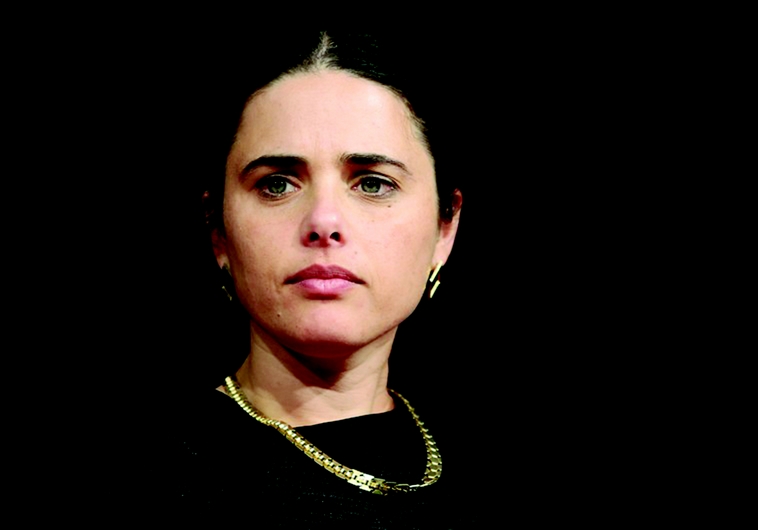Shaked introduces major changes to confessions law to protect defendants
Many security cases involving Arab-Israelis and even some involving Jewish security suspects could be heavily impacted by the change.
 Ayelet Shaked, nouvelle ministre de la Justice(photo credit: MARC ISRAEL SELLEM/THE JERUSALEM POST)Updated:
Ayelet Shaked, nouvelle ministre de la Justice(photo credit: MARC ISRAEL SELLEM/THE JERUSALEM POST)Updated: